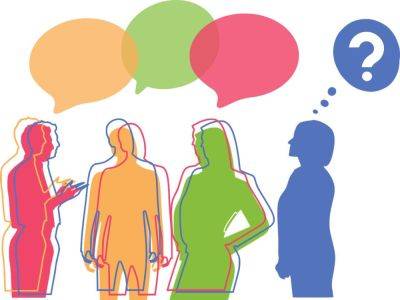3 reasons why you may be losing your balance, how to find your center again
MANILA, Philippines — Have you been experiencing that woozy, room-is-spinning feeling that leaves you staggering and holding on to support until you have regained your steadiness? Does this happen when you’ve had a bit too much to drink, like the same feeling you get after you’ve taken a rollercoaster ride or feeling sea sick when you sail over rough and choppy seas aboard a ship?
What you have experienced might be just a temporary loss of balance and you were able to recover from it. But take heed. A loss of balance and its accompanying symptoms can also be the result of a medical issue.
“Your ability to sit, stand, and walk without falling or swaying from side to side involves more than your muscles and bones,” said Franco Louie L.B. Abes, MD, of the Department of Otorhinolaryngology of Makati Medical Center (MakatiMed). “These actions also involve your eyes, inner ear, nerves, heart, brain, muscles, and blood vessels. Once one of these key organs doesn’t function as it should, it can impact your balance.”
According to Dr. Abes, health-related balance problems can stem from one of three sources:
1. Vestibular System
“This is usually related to the inner ear. Certain medications, ear infections, calcium crystals that move to the wrong side of the inner ear, too much fluid in the inner ear (Meniere’s Disease), or a benign tumor in the ear (Acoustic Neuroma) can affect your balance,” said Dr. Abes.
The doctor said the common symptoms to look out for are dizziness, vertigo, unsteadiness, blurred vision, and falling.
2. Vascular System
“The vascular system controls the flow of blood to the brain. Poor circulation, standing up or sitting down too quickly (orthostatic hypotension), and stroke can manifest in the form of dizziness, lightheadedness, and the feeling of fainting,” Dr. Abes explained.
3. Nervous System
Dr. Abes said the nervous system, which is made up of the brain, spinal cord, and other nerves, can also be the cause of imbalance issues.
“Parkinson’s disease, Alzheimer’s disease, cervical spondylosis, multiple sclerosis, as well as the presence of an infarct or a concussion are conditions that can result in a loss of balance,” the doctor pointed







